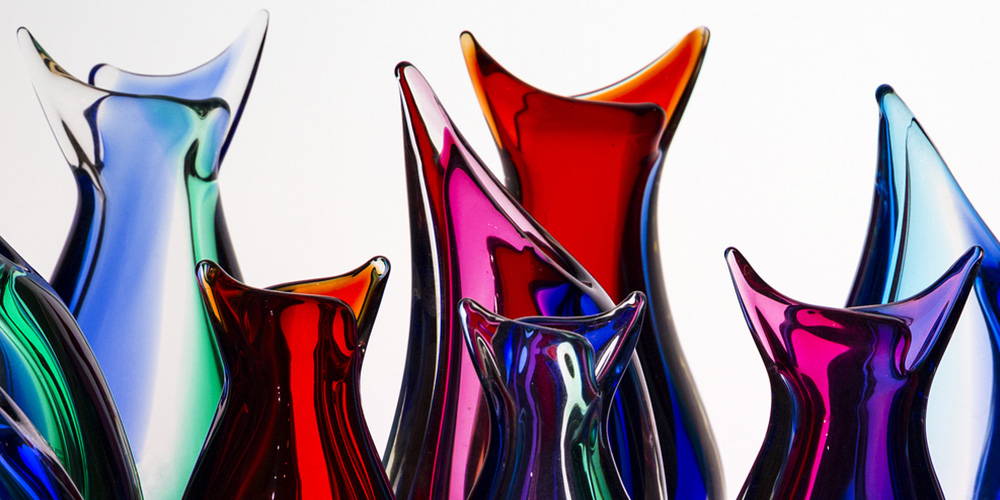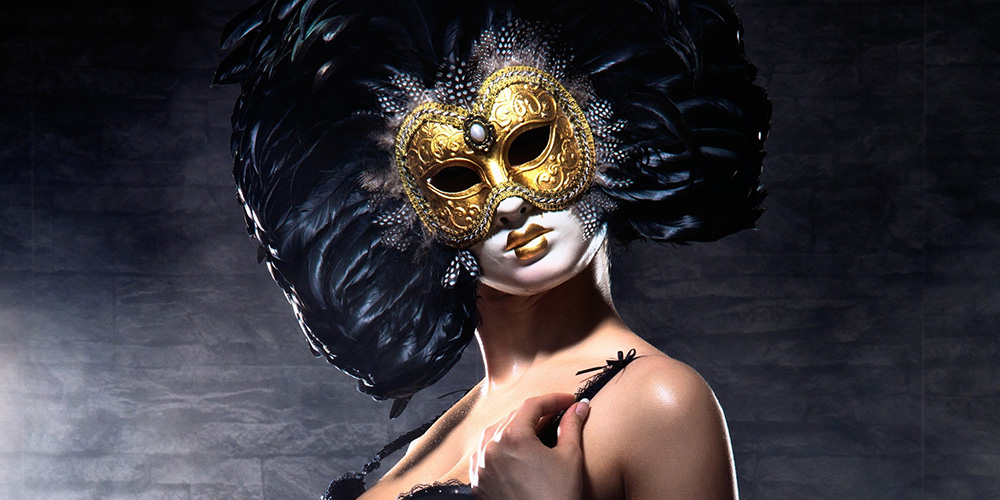Catalog
Murano What is Murano glass?
What is Murano glass?
Unique technologies of hand-made glass processing with a thousand-year history, which appeared in Italian Venice, and soon were hidden from envious eyes on a small island of Murano, are located in the Venetian lagoon (that’s where its’ name comes from – Murano glass).
Murano or Venetian glass is a history and a sign of the highest artistic skill. An item from the Murano collections is a symbol of everyday luxury that anyone can afford! But it is also the passion of collectors and the pride of lucky owners. If you once bought a piece of Murano glass jewelry or object, then you would most likely fall under its magical aura for life.
Venice Carnival
Every year Venice hosts a historical and unique carnival holiday, where thousands of travelers strive to get to participate in the festivities that traditionally take place on the eve of Lent.
The Venice Carnival is the brightest, most famous and most ancient festival in the world of masks and magical transformations. Its atmosphere is unique and unforgettable, the masquerade goes back to the pagan traditions of worshiping gods and idols. The word “carnival” itself is translated as “ceremonial carriage”. This partly confirms the origin of the tradition during the times of idolatry and pagan deification of inanimate objects.What is the magic of masks?
















